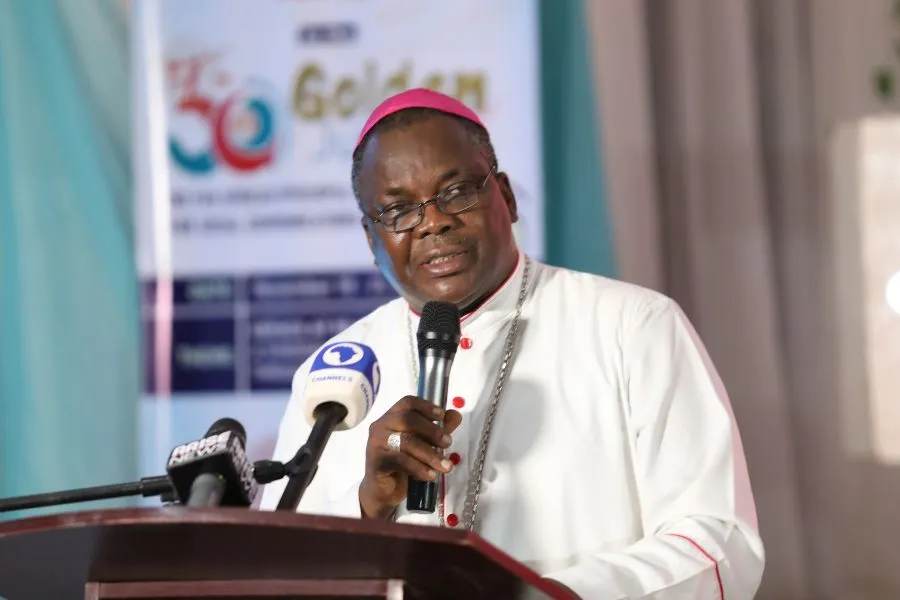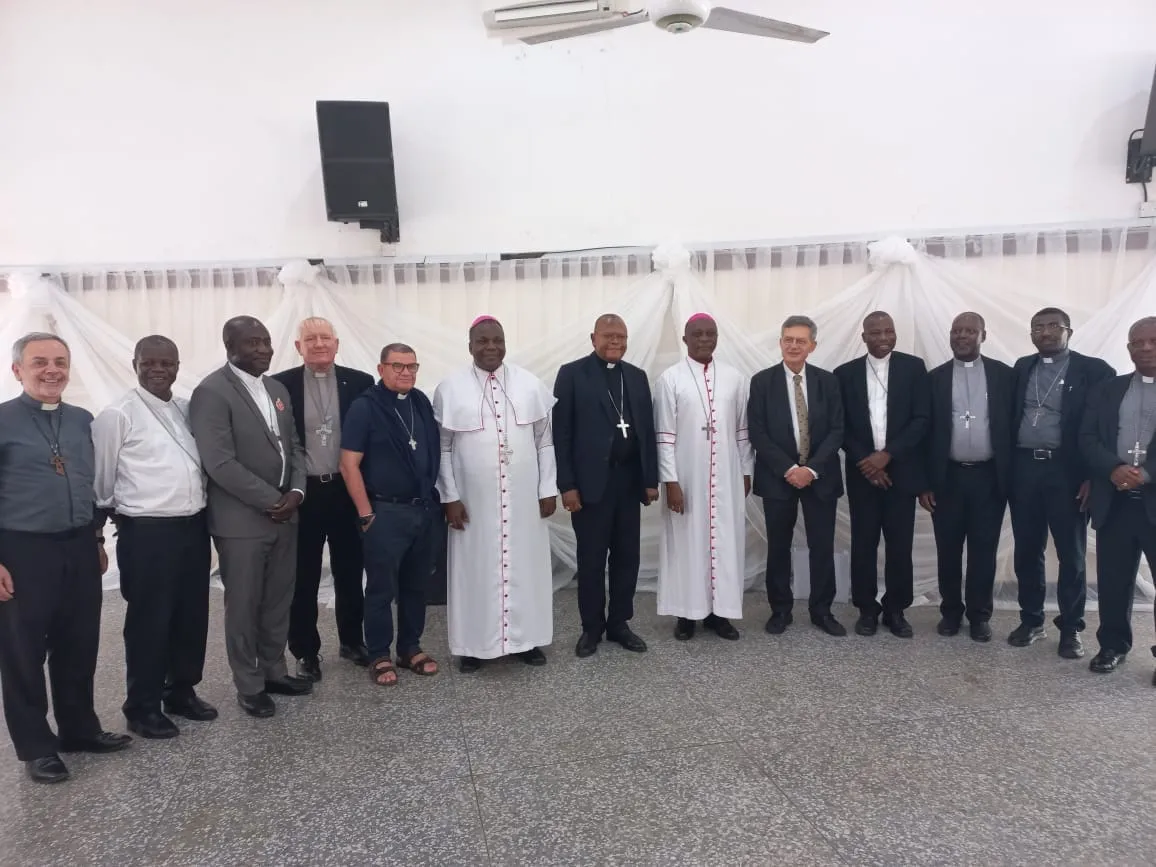Lagos, 22 November, 2023 / 9:55 pm (ACI Africa).
Members of the Pan-African Episcopal Committee for Social Communications (CEPACS), an initiative of the Symposium of Episcopal Conferences of Africa and Madagascar (SECAM), are proposing formation that targets “digital missionaries” in academic institutions to boost communications on the continent.
Speaking at the CEPACS November 18-21 Golden Jubilee celebrations that were held in Nigeria’s Archdiocese of Lagos, Bishop Emannuel Adetoyese Badejo who heads the entity that brings together Catholic Bishops at the helm of communication in the various conferences in Africa and its Islands underscored the need to revitalize the entity by bringing on board young Catholics on the continent who are living as “digital missionaries”.
The Bishop of Nigeria’s Oyo Diocese expressed enthusiasm for the new opportunities that exist for CEPACS, including, “building a new alliance with the young people to evangelize contemporary digital media space for creating communion and community.”
In his Monday, November 20 presentation on the Golden Jubilee theme, “CEPACS at 50: History, Goals, Programs, Challenges and Opportunities in the Light of the Synod”, Bishop Badejo made reference to the Synod on Synodality assembly’s call for the formation of “digital missionaries.”
 Bishop Emannuel Adetoyese Badejo. Credit: ACI Africa
Bishop Emannuel Adetoyese Badejo. Credit: ACI Africa








